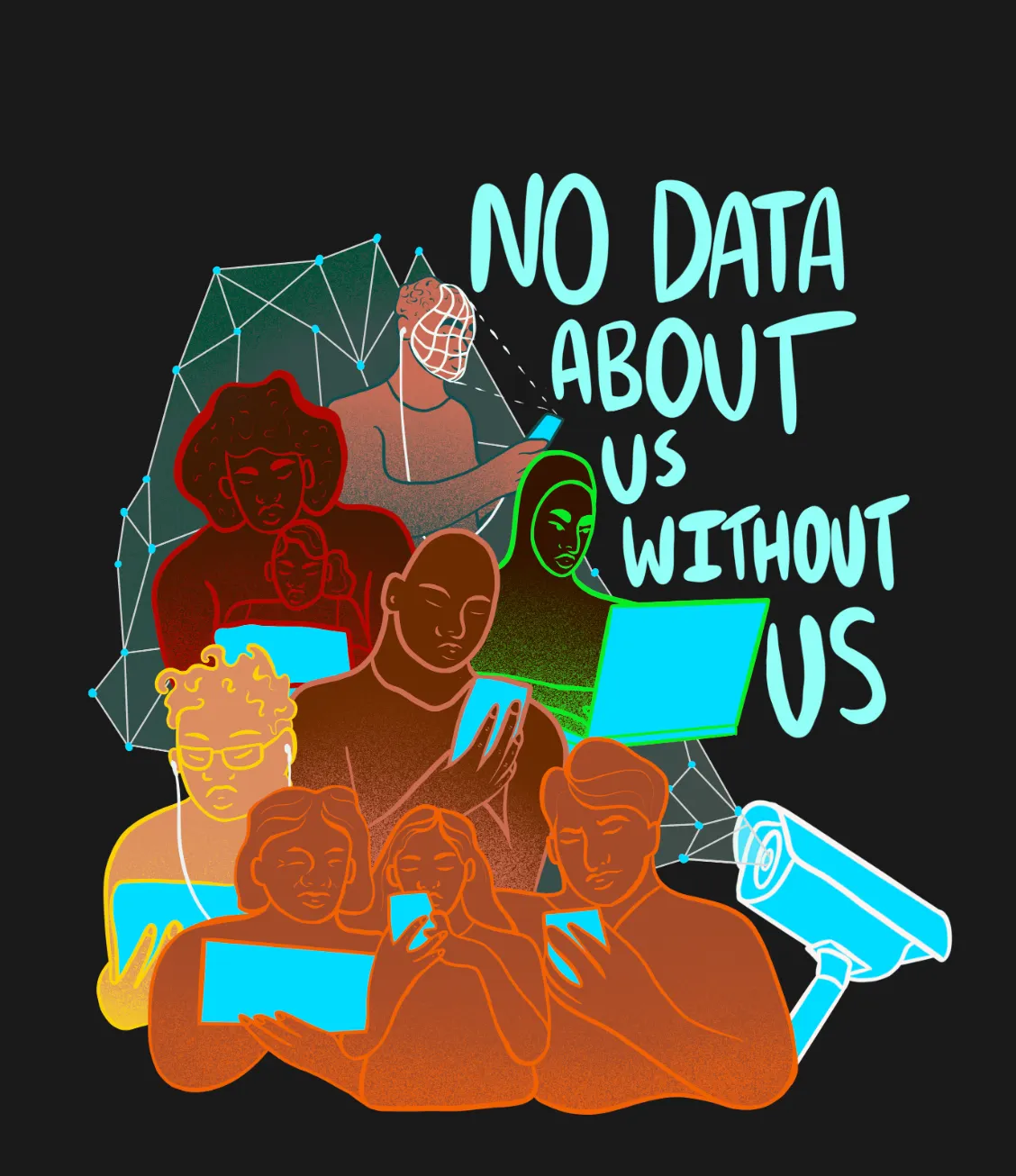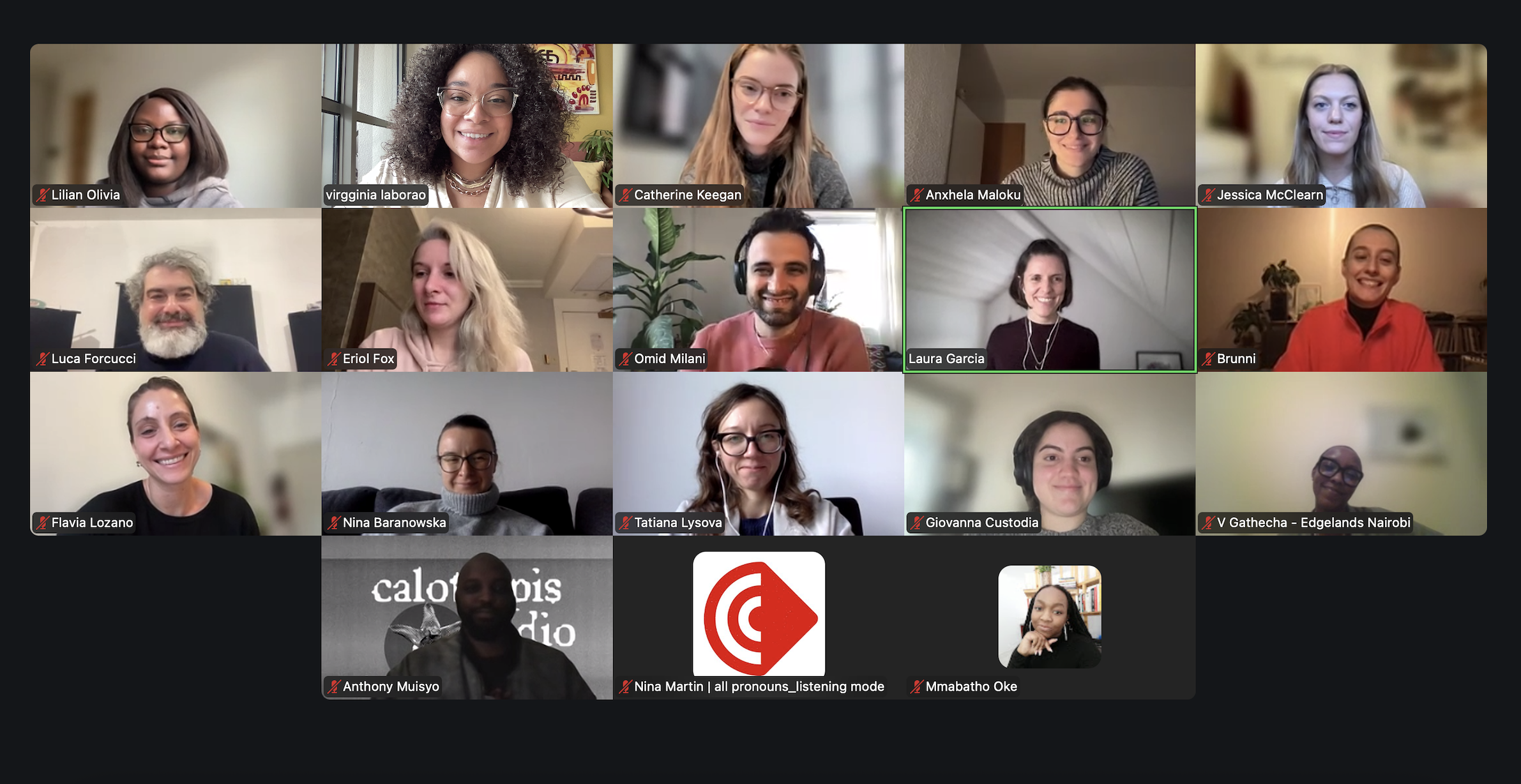The Neanderthal's Song
We humans have a tendency, even a need, to share about our lives, from the most shocking events to the everyday.

Photo by Alex McCarthy for UNSPLASH.
What is it that makes us human? From the most hardened scientists to the most crazed poets, many have tried to decipher what it is that differentiates us as a species from the rest and have come to their own conclusions. Through it all, many have agreed that a fundamental part of our humanity is our drive for storytelling.
In the caves inhabited thousands of years ago where primitive humans painted cave murals, our most distant relative, the Neanderthal, sparked the first attempts at the oral tradition over the heat of the campfire. This can then be traced to the printing press and the most recent -- the Facebook wall post. We humans have a tendency, even a need, to share about our lives, from the most shocking events to the everyday.
This tendency of the human being has not gone unnoticed by those who have an interest in unifying, normalizing, monitoring, or otherwise standardizing the human population. Since our primitive ancestors, we've sought to create stories have a more or less coherent history, highlighting and emphasizing the details that unite and trying to erase those things that are considered divisive or that do not deserve remembrance.
Just as the forms, techniques and tools for telling our history have become increasingly refined and diverse, so have the methods for policing and standardizing the stories. Oral tradition erased the existence of outsiders and that same printing press that originally allowed us to put our ideas on paper became an instrument of propaganda, and there are numerous other examples. In spite of this, humans continued to share and tell their stories freely, without fear of surveillance, singing their songs spontaneously.
But, suddenly, a tool came into the world that promised to bring us closer to others, that proclaimed its capacity to make the world a more familiar place, and even allow us a blank, interactive and multimedia sheet where we could capture everything that crossed us as people. We could use it to instantly share our thoughts with anyone on the planet because just as storytelling is foundational to our being, so is the need to share and feel part of something bigger than ourselves. Suddenly, storytelling became the activity to which we devoted most of our time, and how could we not? We had at hand multiple narrative techniques that made us feel like Borges but even more celebrated. We are masters of our own narration, aren't we?
As in other moments of historical development in our history, there's been a need to control these narratives. This has turned into a need to monitor that blank page that was the Facebook wall, but now the tools that have been developed for this purpose are so powerful and so little understood that this narrative, far from showing the infinite possibilities of being, is standardizing our stories about ourselves and others.
In the quest to find what makes humans different than other species, we ended up finding the way to make all human beings the same. I ask myself, instead of monitoring and standardizing, shouldn't technology be used to give a voice to all narratives?
Jony Alexander Vargas lives in Medellín and is a graduate of the University of Antioquia, where he studied psychology. He currently works as a mentor at COMFAMA.



